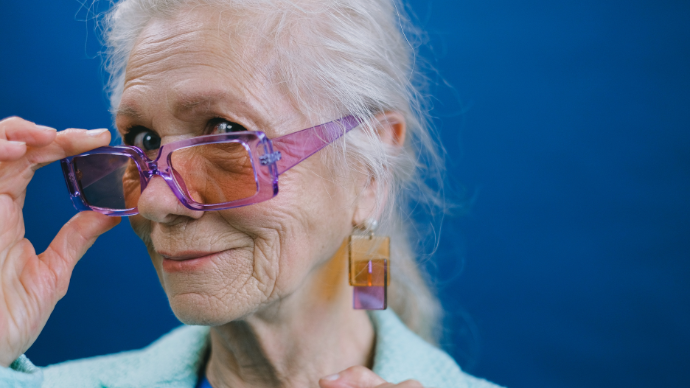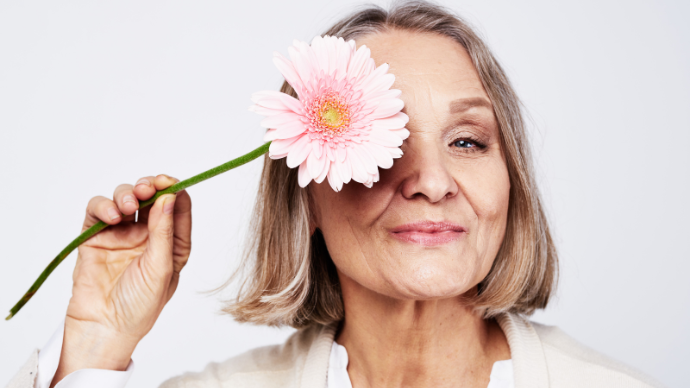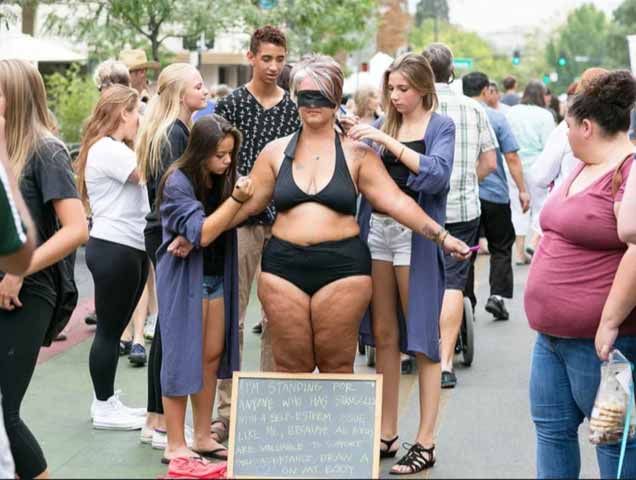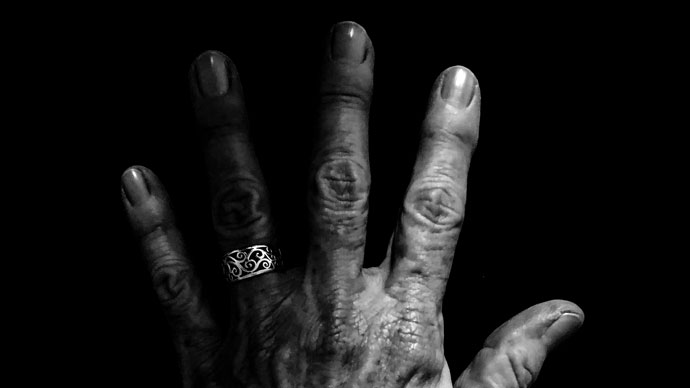Wrinkles. Waistlines. Rippled thighs.
It feels strange to look in the mirror at my 53-year-old body and no longer see my younger self. I’ll be honest, aging isn’t easy when 20-somethings Botox “wrinkles” and Instagram influencers filter and perfect their images and instruct midlife women to “just skip the carbs” to flatten our rounded bellies. (No thanks).
And while I’m certainly not immune to our fix it, fight it, “anti-aging” culture, deep in my heart I simply want to be me and accept and allow my body to age naturally.
I wondered how other women are thinking and feeling about aging and their bodies.
So, I reached out and asked. Here’s what those women, aged 45-87, had to say:
Our 40s:
My thoughts and feelings about my body have been a big obstacle to my happiness and well-being for most of my life. It’s amplified now that I’m seeing the first real signs of aging. There’s resistance to that process and some fear. It feels strange to see extra fat on my abdomen. I still want to be thin and toned. It is very much a mental game that I struggle with.
Our 50s:
It seems like everything went downhill when I turned 50. Menopause is awful — brain fog along with perpetual exhaustion, saggy skin, hot flashes. I’m always looking at serums and creams and medical services. I started Lexapro to help me sleep and find my old self. Pandemic stress hasn’t made it any easier — political division, teenagers missing prom, graduation. I have some “additional COVID me to love” that I can’t lose. I learning to embrace graying hair, wrinkles, and I’m trying to embrace my body.
Our 60s:
I’m sorry I wasted so much of my life worrying about my weight. I think my body is an amazing machine. I feel like I owe it to my body to treat her well.
Our 70s:
I feel better about my body and aging than I ever thought possible. I practice mindfulness meditation, and that has taken me to a deep appreciation for my body. I treat myself as a dear friend and a deep appreciation for all of life.
Our 80s:
I can’t stop my body from aging but do my best by taking daily walks up and down hills. I enjoy it. I think that it is more important than ever to stay active. I feel better and sleep better. So I do not focus much on how old I am. It is just a number.
So, what wisdom can we gain from these women and their experiences with body image and aging?
Aging can take us by surprise. Yet with education it doesn’t have to, and women can shift self-care to focus on a healthy functioning body while softening how they see themselves in the mirror. And overall, women want to see aging normalized and not make women feel wrong if they choose to age naturally. Education matters
“There needs to be more discussion and transparency about women in their 40s and moving toward menopause and the changes that happen and what to expect,” says one 45-year-old woman surveyed, “so it doesn’t feel so scary and wrong.”
Life isn’t about your dress size
When I asked what advice women would give to their younger self, they said:
Put yourself first. Be kinder to yourself. Listen to your body and fuel it with what it wants and needs, not what the current diet fad says you should eat. Body diversity is normal and OK. No one will stop being your friend because you gained weight. Stay active, move your body to feel good mentally and physically not to burn calories or lose weight. Rest. Get more sleep. Wear sunscreen. Play more!
Focus on finding what makes you happy and confident. Living a full life is more important than stressing about your dress size. Give up perfection in appearance. Stop worrying what everyone else thinks of you. You are enough. Have more confidence. Confidence is beautiful.
And ultimately, honor, appreciate and befriend your body because life is precious.
♡ Tanya
Want to read more about how to have a healthy body image as you age? Check out:
How to Embrace Your Aging Body
Body Appreciation is Key to Healthful Aging
(This article was originally published in the Jackson Hole News and Guide, April 13, 2022.








